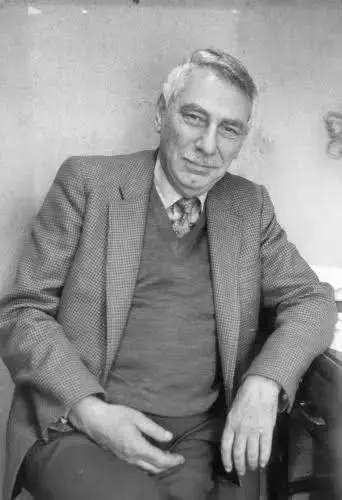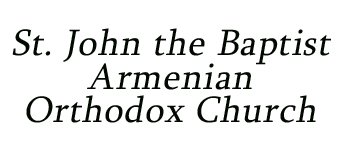BIRTH OF ZAHRAD
May 10, 1924
 Zahrad, one of the most influential names of Armenian poetry in the second half of the twentieth century, was born Zareh Yaldizciyan on May 10, 1924, in the Nişantaşi district of Istanbul. He lost his father, who had been a jurist, adviser, and translator for the Ottoman Foreign Ministry, at the age of three. His mother remarried and he grew up with his maternal grandfather Levon Vartanyan.
Zahrad, one of the most influential names of Armenian poetry in the second half of the twentieth century, was born Zareh Yaldizciyan on May 10, 1924, in the Nişantaşi district of Istanbul. He lost his father, who had been a jurist, adviser, and translator for the Ottoman Foreign Ministry, at the age of three. His mother remarried and he grew up with his maternal grandfather Levon Vartanyan.
In 1942 he graduated from the Mekhitarist Lyceum of Istanbul. He attended the Faculty of Medicine of Istanbul University but dropped after a while in order to work. He published his first poem in the daily Jamanak with the pseudonym Zahrad in 1943. His first collection of poetry, The Big City, appeared in 1960. He married Anayis Antreasian in 1963.
Along with Zareh Khrakhouni (1926-2012), Zahrad was at the avant-garde of a new style of writing in diasporan literature that highlighted universalist themes. The poem that provided the title to his first book was significant, as it depicted the tragedy of the “little” man living in the big city. His work was characterized by its thematic diversity and the novelty of his expression. He published more than a dozen of collections of poetry, some of them posthumous: Colorful Borders (1968), Kind Sky (1971), Green Soil (1976), Two Springs with One Stone (1989), A Sieve of Water (1995), Stone-Cross without Cross, without Stone (1998), A Tight Fit (2001), The Poem beneath the Words (2004), Water up the Wall (2004), Words Together (2007), Half-Finished Prayer (2010), Unsavory Taste (2009), My Unpublished Newspaper (2012). His collected works appeared in two volumes in 2006. He contributed to many publications in Istanbul, the Diaspora, and Armenia.
Zahrad earned many literary prizes and honors. He was decorated with the Sts. Sahag and Mesrob medal of the Catholicosate of All Armenians in 1991 and the Movses Khorenatsi medal of the Republic of Armenia in 1999.
He passed away on May 20, 2007, in Istanbul, and buried in the Armenian cemetery of Sisli
His poetry has been translated into 22 languages, with volumes published in English, French, Greek, Georgian, Turkish, and Latvian.
